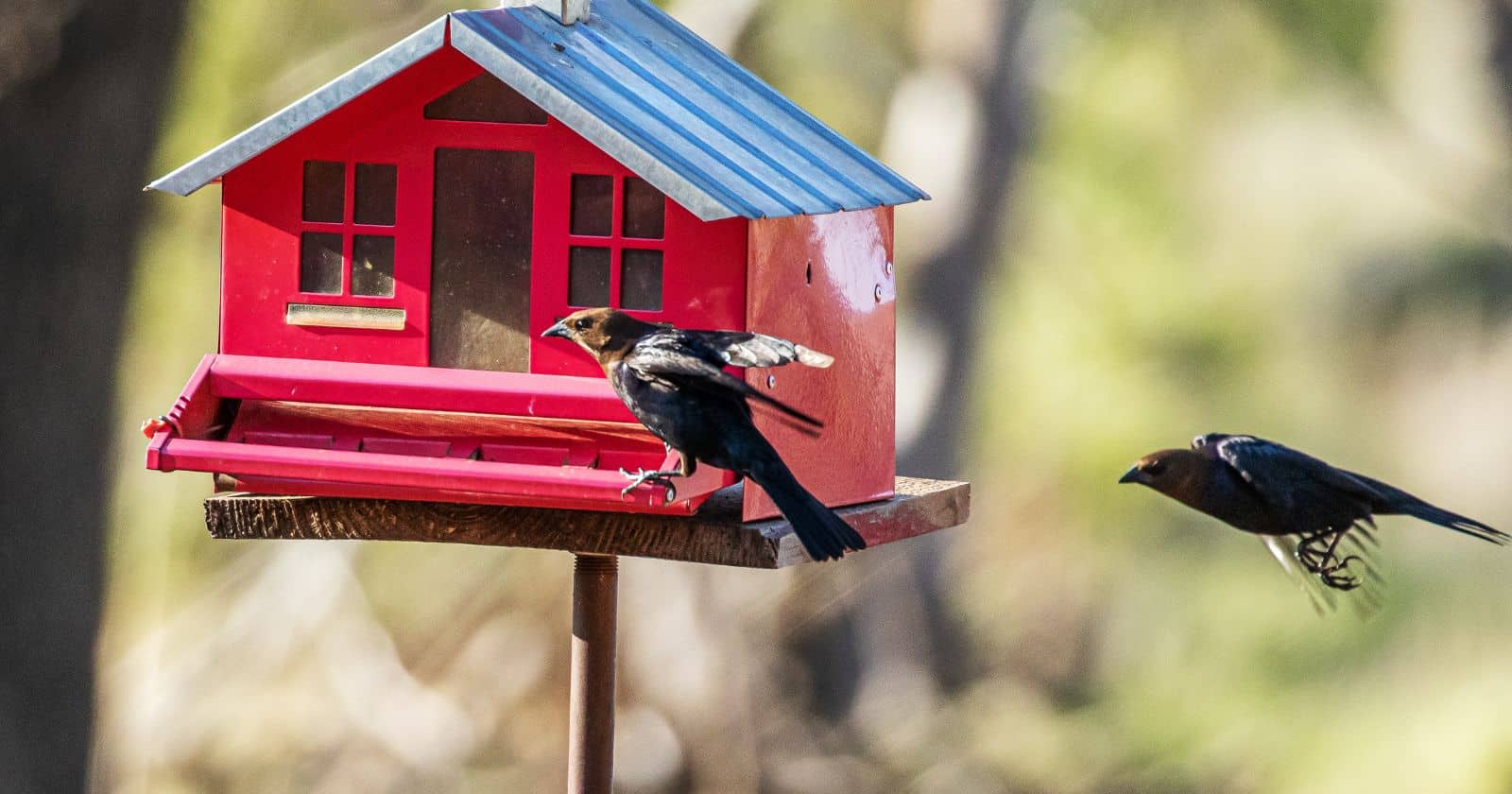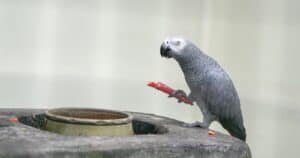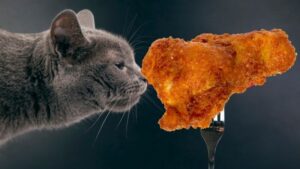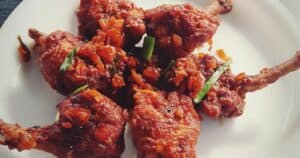For bird lovers, keeping feeders stocked while fending off squirrels and other pesky freeloaders poses a constant challenge. You may have wondered if adding a dash of red pepper flakes could
The good news is that birds can safely eat red pepper flakes in moderation! Unlike humans and squirrels, birds lack the receptor that makes them perceive the burning sensation from capsaicin in peppers. So sprinkling a small amount of red pepper flakes on birdseed is an excellent trick for repelling squirrels without affecting birds.
However, take caution not to over-spice feeds. Too much heat or flavor intensity could deter even birds. Use sparingly and combine red pepper with other deterrents. Offer healthy, natural additions like fruit and nut pieces as well for balanced nutrition.
In this article, we’ll explore expert tips for successfully using red pepper flakes with birdseed. You’ll learn creative serving ideas, troubleshooting common issues, and healthy feeding alternatives.employed wisely, a touch of red pepper can add fulfilling flavor for birds without the unwanted furry company. Let’s take a closer look at using this fiery
Are Red Pepper Flakes Actually Safe for Birds?
This may surprise you, but birds lack the receptors needed to detect the “spicy” sensation we get from peppers. The TRPV1 receptor binds to capsaicin compounds in peppers and signals the feeling of heat or pain to our brains.
But avian species never evolved this receptor. To birds, red pepper flakes have no
Lacking this sense, wild birds in tropical regions frequently eat hot peppers with no issues. The peppers provide nutrition without oral irritation. Backyard birds can enjoy a similar benefit from red pepper flakes.
So yes, red pepper flakes are perfectly safe for birds to eat! But for optimal health and appeal, follow some simple tips:
- Start with small amounts to avoid overwhelming birds with intense flavor.
- Avoid extremely hot peppers which may still cause gut irritation.
- Don’t rely solely on pepper to prevent squirrels – use additional deterrents too.
- Monitor feeders to ensure pepper isn’t deterring birds from eating.
Used wisely, red pepper flakes offer birds nutrition without any “bite!” Now let’s look at how to incorporate them into your bird feeds.
Expert Tips for Using Red Pepper Flakes in Birdseed
Here are some expert-recommended best practices for using red pepper flakes to
- Add flakes sparingly – Start with just 1-2 teaspoons per 5 pounds of seed.
- Mix thoroughly – Ensure flakes are evenly distributed so birds don’t get intense pockets of heat.
- Use mesh bags – Contain flakes in small mesh bags attached near feeders to keep intensity regulated.
- Try capsaicin-based birdseed – Purchase birdseed with capsaicin extracts instead of using flakes.
- Avoid other seasonings – Onion and garlic compounds can be harmful to birds. Stick to plain red pepper.
- Refresh regularly – Replenish flakes/capsaicin as rain and snow dilute the potency over time.
Follow these tips to strike the right balance of spiciness. Your birds will enjoy the cuisine without the squirrels hogging the table!
Creative Uses for Red Pepper Flakes in Birdseeds
With a light, creative touch, red pepper flakes can add appetizing flavor and visual appeal to birdseeds beyond just keeping squirrels away. Here are some fun ideas bird lovers recommend:
- Coat dried mealworms or berry pieces with red pepper for an extra spicy treat.
- Mix in a few flakes along with spices like cinnamon or curry powder for a multidimensional flavor profile.
- Sprinkle red pepper on suet cakes along with nuts and fruits for a savory, satisfying snack.
- Place red peppers and flakes along with other produce on platform feeders to attract different species.
- Scatter flakes across outdoor dining areas to politely shoo away begging birds when eating outside.
Don’t go overboard on the heat. But using red pepper flakes imaginatively can give birds an intriguing, attractive buffet while repelling freeloading mammals. Get creative with flakes!
Potential Problems to Troubleshoot with Birdseed Seasonings
While a dash of red pepper flakes can benefit backyard bird feeds, it’s not a cure-all solution. Here are some potential issues to troubleshoot:
Picky birds – Some finicky species may dislike the flavor and avoid feeders. Rotate locations to attract different birds.
Moisture dilution – Rain, snow, and humidity can reduce potency of flakes over time. Replenish frequently.
Messy application – Direct sprinkling can lead to concentrated pockets of intense heat. Mix thoroughly or use mesh bags.
Squirrels adapt – With prolonged exposure, squirrels may become desensitized. Combine with other deterrents.
Respiratory irritation – Heavy concentrations of flakes may irritate airways. Use extreme caution.
Stale flakes – Ensure pepper flakes are fresh. Stale spices lose potency and flavor.
Try pairing pepper flakes with squirrel-proof feeders as well. And monitor bird health and reactions closely. Overall though, a small dash of this fiery flavor can work wonders!
Healthy Alternatives Beyond Red Pepper Flakes
In addition to moderate amounts of red pepper, birds enjoy and benefit from other herbs, fruits, and seed varieties too:
Fruits – Chopped apples, berries, melons, citrus, and bananas attract birds with natural sweetness and nutrition.
Herbs – Oregano, thyme, basil, and cinnamon provide antioxidants without much flavor intensity.
Nuts – Chopped peanuts, almonds, and walnuts add protein and healthy fats to birdseed blends.
Chia/flax – These seeds provide fatty acids like omega-3s essential for feather health and egg production.
Suet – Nutritious suet cakes offer high-calorie nourishment perfect for winter and migration.
Nyjer – Nyjer seeds provide tiny, oil-rich morsels adored by finches and siskins across seasons.
Vary feeder offerings throughout the year to give diverse species nutritious fuels for breeding, migration, and surviving harsh weather. A little red pepper can complement these healthy foods perfectly.
The Takeaway: Use Red Pepper Flakes Sparingly
Can birds eat red pepper flakes? Absolutely! Birds lack the receptors to taste the spicy capsaicin that affects mammals. A moderate sprinkle of pepper in birdseed deters squirrels without impacting birds.
However, heavily spicing feed could deter birds and offers minimal nutritional value. Stick to 1-2 teaspoons per 5 pounds of seed at most. And rotate red pepper with nutritious fruits, herbs, and other seeds birds thrive on.
With careful use, red pepper flakes add a celebratory dash of flavor to your bird buffet! Both you and your feathered friends will appreciate the boosted nutrition and exciting flavors, while unwanted furry moochers think twice before crashing the party.





